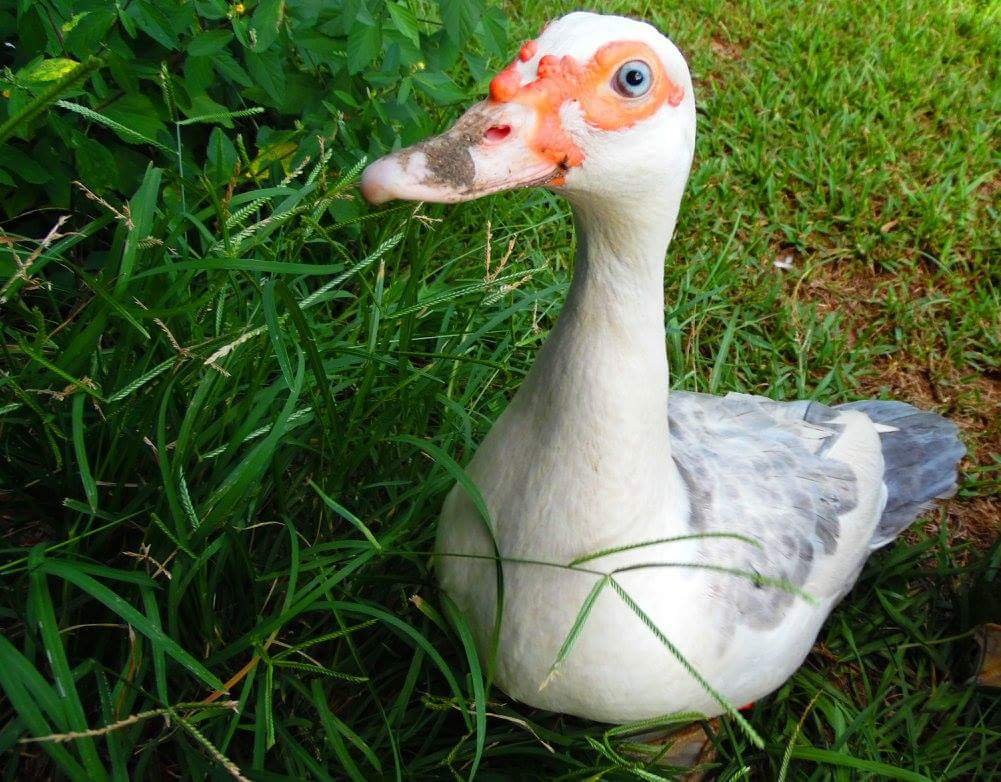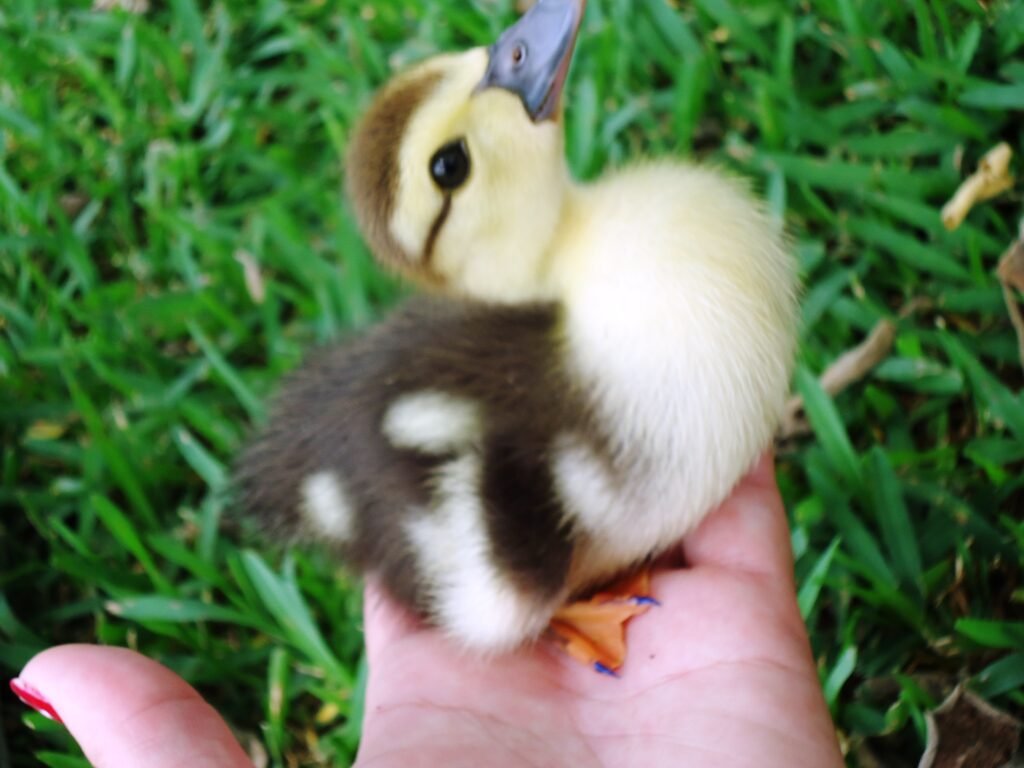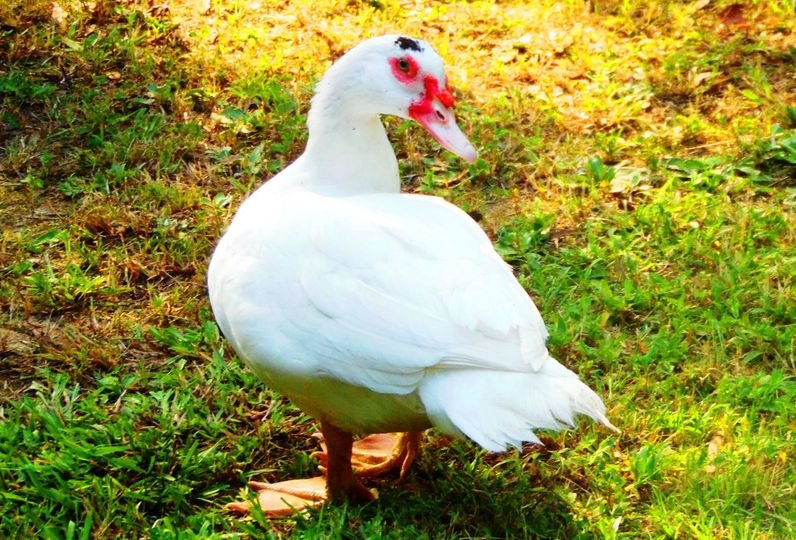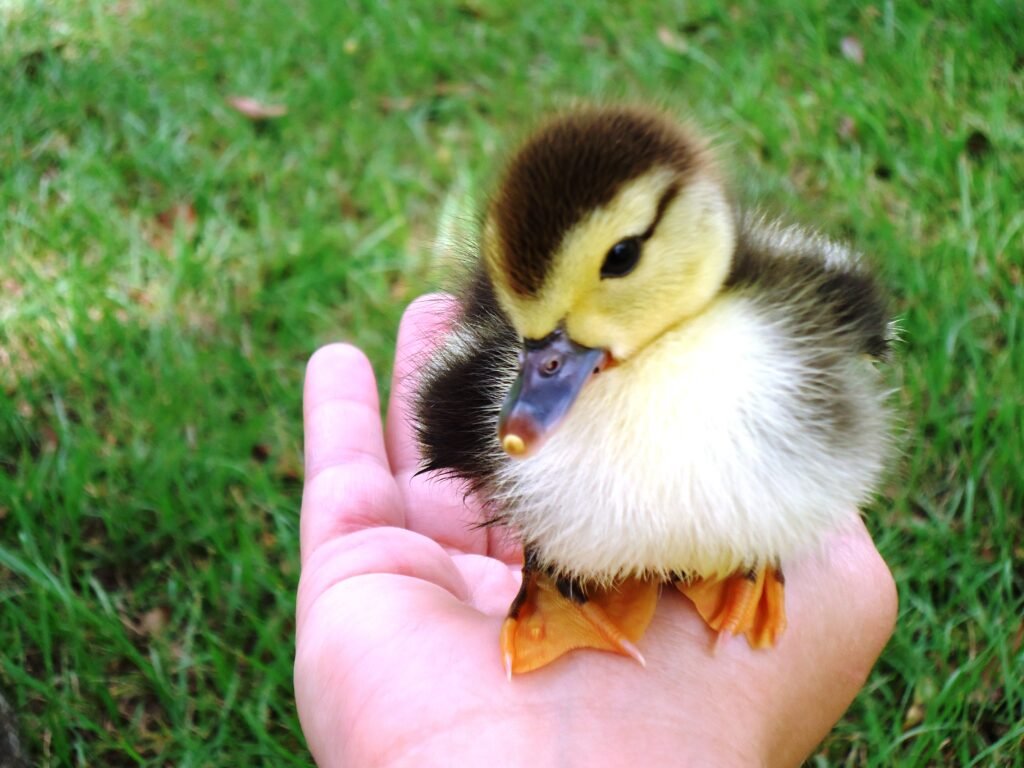Whether you go into it for the eggs, meat, or companionship raising ducks can be very rewarding. And also messy.
Like, a lot.
Those cute little videos on Tik Tok or Facebook don’t quite capture the magic of taking care of professional-pooing waddle fluffs. No worries though, their cuteness more than makes up for the ick that comes out of them!
They are generally hardy, but there are some guidelines you should follow.
Know Your Duck Breeds

Number one is knowing what the heck kind of feather friend you have. Much like dogs, ducks have multiple breeds that differ drastically in terms of their characteristics, personalities, needs, and even purposes. Some are excellent for egg production while others are raised for meat. Buying the right breed for your end goal should be considered.
Getting a duckling as a pet, however, and letting them imprint on you is an amazing experience that I recommend to anyone!
Provide Adequate Shelter
I had a pet Muscovy who lived inside the house and even slept in the bed with me. However, if you want to breed ducks, you’ll obviously need appropriate shelter outside. Ducks need secure shelters to protect them from predators and harsh weather conditions. Ensure their enclosure will protect them from foxes, raccoons, and birds of prey like falcons and eagles. They love perches and nesting boxes that are well-ventilated. It will need some type of bedding and be tucked away from high-traffic areas. You will need to regularly clean their entire shelter.
Water Access
You probably assume you need access to a pond to have or breed ducks, but this is untrue. We had a pond when we were raising 70+ ducks and let them spend the day out there before herding them back to their pens before nightfall.
However, if you plan on a small operation and only need about 15-20 ducks, you can easily get by with using water troughs and plastic kiddie pools. I had about 16 ducks once using kiddie pools and they loved it. Swimming is great for them, but if they have adequate bathing pools, they’re happy. Remember to keep these clean for them.
Feed & Diet
As for feeding, generally a commercial duck feed is available at most feed stores. Some of their diet can be supplemented through grains, vegetables, and some insects (Muscovy ducks will eat their weight in mosquitoes!). Providing small rocks or crushed eggshells helps them digest their food.
Also, do NOT feed them bread! Bread swells in their stomachs and is dangerous.
If you want to give them a treat a good option is plain, cheap dry cat food. It has niacin in it, a vitamin they require for healthy growth and development. This is an easy way to sneak it into their diet. I never met a duck who didn’t gobble cat food up as quick as they can. I’ve found even wild ducks love it!
Space & Social Needs
These are active birds and love foraging and exploring their environment. If it’s safe to let them roam during the day, this would be best. However, if you must keep them in coops permanently, it is usually recommended a minimum of 15 square feet per duck. These waterfowl are very social creatures, so never keep them on their own. The pet duck I had was kept with my family and considered herself a person.
Health & Ducklings

Not every vet is familiar or knowledgeable about ducks, so make sure you find a local avian veterinarian in case of emergency. Domestic ducks rarely get sick, but research some illnesses like prolapsed penis/vent, sticky eye/eye infection, hardware disease, botulism, aspergillosis, angel wing, spraddled legs, etc.
Knowledge is power and, in this case, can save you bigger veterinarian bills. Ducklings really deserve their own article, but for the purpose of this generalized guideline, you just need to know the basics.
Ducklings away from mama will need a small, safe environment like a brooder or even a large fish tank or terrarium. Soft bedding and a heating lamp is recommended. Add a little water and food dish and you’re set! Make sure to cover the top with something—them suckers can jump!—but be sure they can get plenty of air.
Interactions
They are smart, curious feather waddles and retain new things with consistency. If you get them as ducklings, this is even more true. My pet duck, Gillyweed (Harry Potter fan here), imprinted on me and followed me everywhere.
She even went to Walmart and church with me! She loved cuddles, Krispy Kreme donuts, and cat food. Build a bond with them and caring for them becomes that much easier!
Legal Whatnot
Some areas have certain regulations and zoning laws on keeping ducks; there are some restrictions on the number or type of birds you can have. Most rural areas have few to no restrictions but city limits will get you every time, my friend. Check for the legal requirements!

Follow these rules and you’ll be well on your way to successfully raising a flock of ‘happy and healthy’. The biggest advice I can give is to observe your ducks’ behavior and respond accordingly.
You’ll always have a growing knowledge when raising ducks, but basic research and preparation go a long way. Good luck on your journey of waddle fluff raising and enjoy!

I congratulate, your opinion is useful
Thank you very much!